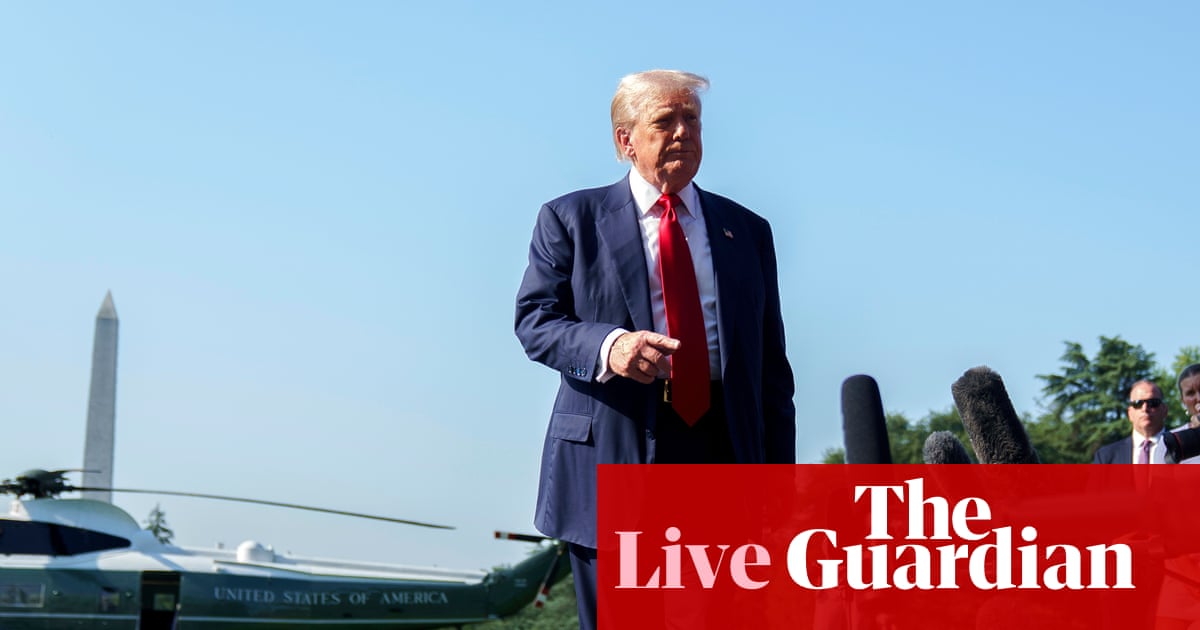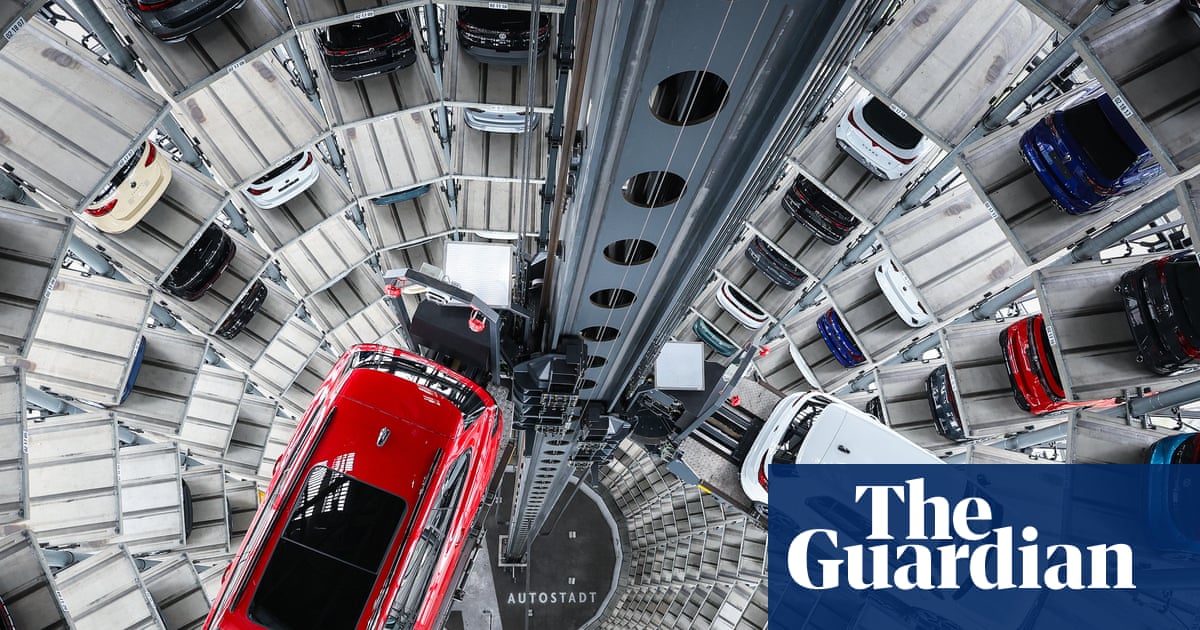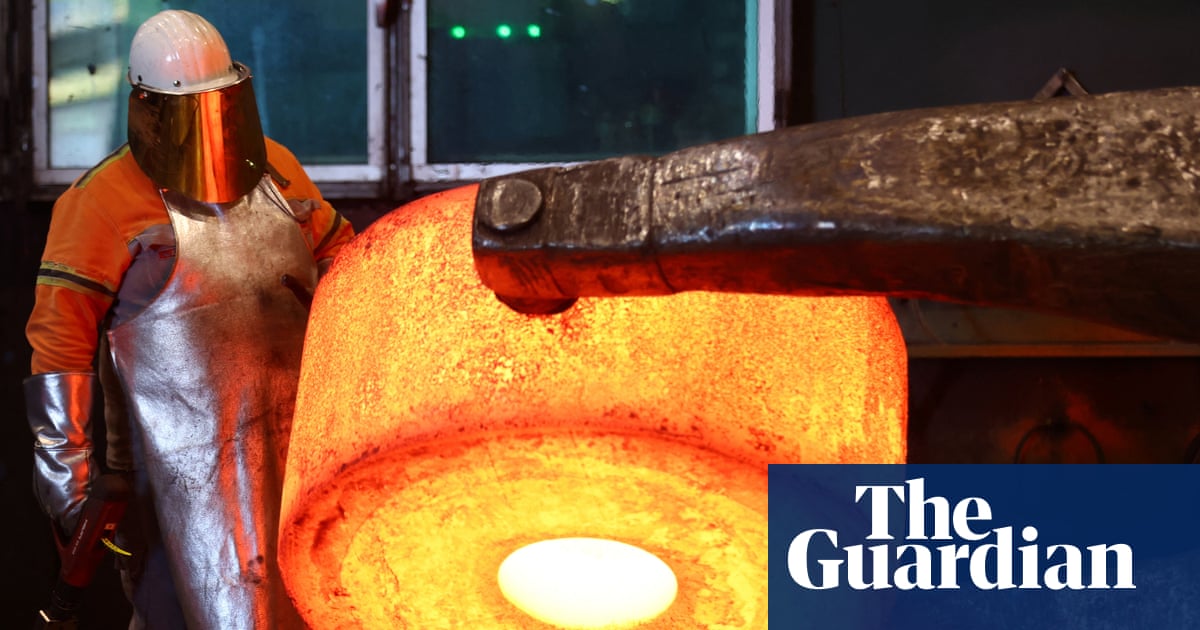T4K3.news
Trump imposes 25% tariffs on imported cars
President Trump has introduced a 25% tax on imported cars and parts, effective April 3.

These new tariffs will impact car prices and may reshape the auto industry landscape.
Trump imposes 25% tariffs on imported cars
President Trump has imposed a 25% tax on imported cars, light trucks, and auto parts, set to take effect on April 3. This move aims to bring auto manufacturing back to the U.S. but will likely increase prices for consumers already facing high vehicle costs. The tariffs add complexity for automakers, who may have to alter their supply chains and re-evaluate production locations in response to these new duties. Additionally, there is uncertainty about how these tariffs will interact with existing import taxes on goods from Canada and Mexico, which could potentially push the effective rate to 50%.
Key Takeaways
"It adds to the uncertainty facing all automakers as the industry’s supply chain is inherently global."
John Paul MacDuffie highlights the challenges tariffs pose to automaker supply chains.
"These tariffs are a major step in the right direction for autoworkers and blue-collar communities across the country."
UAW President Shawn Fain supports the tariffs for boosting domestic manufacturing.
"The tariffs will make it more expensive to produce and sell cars in the United States."
Jennifer Safavian warns that tariffs will harm consumer options and jobs.
"Starting almost immediately, consumers will see their already expensive new vehicles cost hundreds to thousands more."
Sam Fiorani emphasizes the immediate financial impact on consumers from tariffs.
These tariffs are more than just a financial burden; they signify a shift in the U.S. auto market's dynamics. As companies reconsider their assembly locations and sourcing, the complexities of current global supply chains come into sharp relief. For many manufacturers, this may not only challenge their profitability but also force them to make significant changes to their operations. The immediate effect of these tariffs will likely be higher prices for consumers, potentially pushing some buyers towards a limited used car market.
Highlights
- Tariffs will drive new car prices up by thousands.
- This is not a simple fix for the auto industry.
- Consumers may soon see cars out of reach.
- Rerouting supply chains will take years.
Risks of increased costs and consumer backlash
Trump's tariffs on imported vehicles could significantly increase car prices, potentially leading to public dissatisfaction and reduced consumer choice.
The implications of these tariffs could reshape the auto industry for years to come.
Enjoyed this? Let your friends know!
Related News

Markets rise after Trump tariff agreement with Japan

Stellantis reports $2.7 billion losses linked to tariffs

Trump states 50-50 chance for EU trade deal

Volkswagen Reports $1.5 Billion Loss from U.S. Tariffs
Trump's new tariffs will impact US consumers

US-EU trade deal faces backlash from European leaders

Trump and von der Leyen to meet in Scotland

EU steel tariff remains at 50% in latest US trade talks
